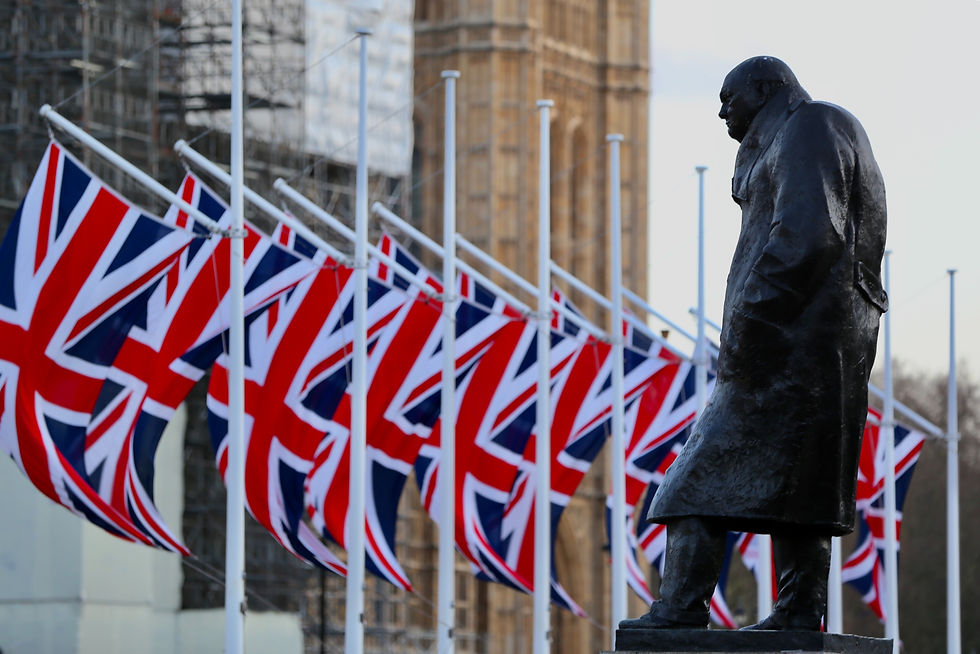
In times of crisis, leaders are put to the test. Whether it's a natural disaster, economic downturn, or global pandemic, the ability to lead through difficult times is a critical skill for anyone in a leadership role. Throughout history, there have been many examples of leaders who have successfully navigated their countries or organizations through crises, and their lessons can provide valuable insights for leaders today.
The Importance of Leading Through Crisis
Leading through crisis requires a unique set of skills and abilities. In addition to being able to make tough decisions quickly and under pressure, leaders must be able to inspire confidence and hope in their followers. They must also be able to communicate effectively, both to their own team and to the wider public.
At the heart of effective crisis leadership is the ability to remain calm under pressure. In times of crisis, people are naturally anxious and fearful, and they look to their leaders for guidance and reassurance. If a leader is panicking or indecisive, this will only add to the chaos and confusion.
Lessons from History's Greatest Leaders
Throughout history, there have been many examples of leaders who have successfully navigated their countries or organizations through crises. Here are a few examples:
Winston Churchill: During World War II, Churchill was an inspirational leader who rallied the British people through some of the darkest days of the war. His speeches were famous for their power and eloquence, and he was able to convey a sense of determination and resilience that helped to keep the nation united.
Abraham Lincoln: During the American Civil War, Lincoln faced enormous challenges as he sought to preserve the Union and end slavery. Despite facing fierce opposition, he remained steadfast in his commitment to these goals, and his leadership helped to steer the country through one of its most difficult periods.
Franklin D. Roosevelt: As president during the Great Depression and World War II, Roosevelt was a master of crisis leadership. He was able to communicate effectively with the American people, and his New Deal policies helped to bring the country out of economic crisis. During the war, he was able to rally the nation behind the effort and provide strong leadership through some of its darkest days.
Nelson Mandela: As the leader of the anti-apartheid movement in South Africa, Mandela faced enormous challenges in his quest for racial equality and justice. Despite being imprisoned for many years, he remained committed to his cause and was able to inspire millions of people around the world with his message of hope and reconciliation.
Here are some practical advice based on each of the leaders mentioned in the blog post:
Winston Churchill:
Stay calm under pressure and maintain a positive attitude, even in the face of adversity.
Communicate clearly and persuasively, and use language that inspires and motivates your team.
Be willing to make tough decisions, even if they are unpopular, and be prepared to take risks when necessary.
Abraham Lincoln:
Remain steadfast in your beliefs and values, even when facing opposition or criticism.
Listen to the opinions of others and seek out diverse perspectives, but ultimately make decisions based on your own principles.
Communicate honestly and transparently with your team, and be willing to admit mistakes and learn from them.
Franklin D. Roosevelt:
Be willing to take bold action in times of crisis, even if it means making difficult or unpopular decisions.
Communicate effectively with the public, and use language that resonates with their hopes and fears.
Take a long-term view and focus on the bigger picture, rather than getting bogged down in short-term setbacks.
Nelson Mandela:
Stay committed to your principles and values, even in the face of enormous challenges or setbacks.
Maintain a positive attitude and seek out opportunities for reconciliation and compromise, even with those who may oppose you.
Be willing to listen to the opinions of others and seek out common ground, but never compromise on your core beliefs.
Conclusion
Leading through crisis is never easy, but history has shown us that it is possible. By studying the lessons of great leaders like Churchill, Lincoln, Roosevelt, and Mandela, we can gain valuable insights into what it takes to be an effective crisis leader. Above all, it requires a combination of courage, resilience, communication skills, and a steadfast commitment to the values and goals that are most important to us.
Mark Westbrook
Public Speaking and Presentation Skill Coach
Comments